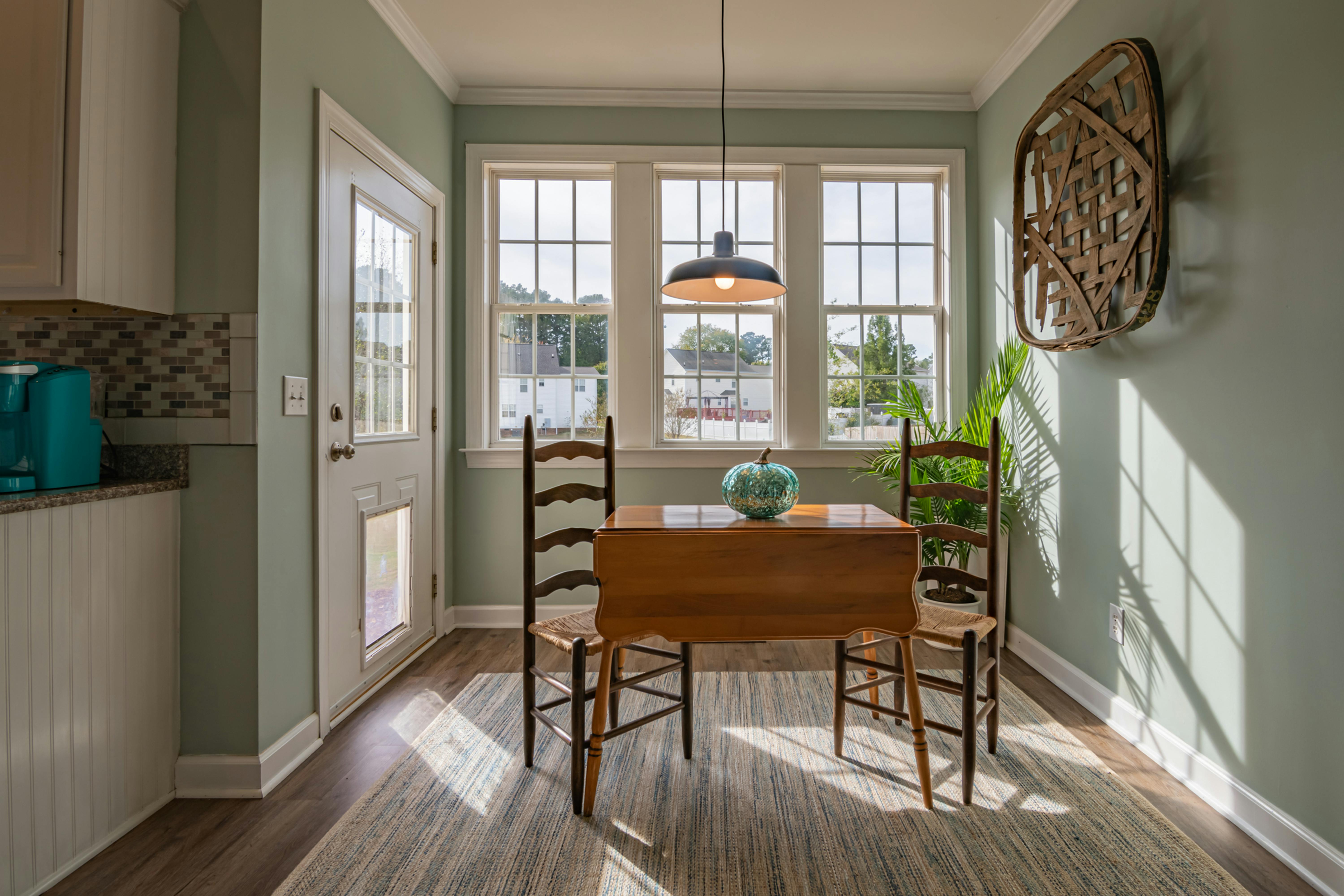The Impact of Remote Work on Real Estate Trends
The Impact of Remote Work on Real Estate Trends
Blog Article

The landscape of real estate has undergone significant transformations in recent years, with remote work emerging as a key influence on housing trends. As companies adapt to flexible work arrangements, many individuals and families are reassessing their living situations. This shift has sparked a range of changes in housing demand, location preferences, and real estate strategies, making it an exciting time for both buyers and sellers in the market.
We Buy NJ Real Estate, a company dedicated to revitalizing communities across New Jersey, is at the forefront of this evolving real estate environment. Their mission to buy, fix, and sell properties not only helps homeowners in need of fast solutions but also contributes to a broader trend of improving neighborhoods. As people seek new opportunities and lifestyles shaped by remote work, the role of businesses like We Buy NJ Real Estate becomes increasingly vital in navigating these changes and supporting local homeowners.
Remote Work and Housing Demand
The rise of remote work has fundamentally altered housing demand across the country. As more companies embrace flexible work policies, employees are no longer tied to locations near their offices. This newfound freedom has led many individuals and families to seek homes in suburban or rural areas where they can enjoy larger living spaces and a more tranquil environment. As a result, areas that were once considered less desirable are experiencing a surge in interest, driving up property values and changing the landscape of real estate.
In New Jersey, the effects of remote work are especially pronounced. With the proximity to major cities like New York and Philadelphia, many remote workers are choosing to relocate to the Garden State, attracted by its diverse neighborhoods and amenities. Real estate solutions companies, such as We Buy NJ Real Estate, are responding to this trend by actively purchasing properties to renovate and resell, catering to the growing demand for modern, move-in-ready homes. This shift not only helps homeowners sell their properties quickly but also revitalizes communities and enhances the overall housing market.
Moreover, the remote work trend has led to a re-evaluation of what individuals seek in their living spaces. Features such as home offices, outdoor spaces, and proximity to recreational areas are now at the forefront of buyers' preferences. This change is prompting real estate investors and developers to prioritize these features in new constructions and renovations, aligning offerings with the needs of a workforce that values flexibility and comfort in their home setting. As remote work continues to solidify its place in the professional landscape, the impact on housing demand will likely remain significant.
Shifts in Real Estate Investment Strategies
The rise of remote work has significantly altered the landscape of real estate investment strategies. With many businesses adopting flexible work arrangements, investors are paying closer attention to properties in suburban and rural areas. These locations are becoming increasingly attractive as employees seek larger living spaces and more affordable housing options, moving away from crowded urban centers. Consequently, real estate investors are adjusting their portfolios to include properties in these burgeoning markets, recognizing the potential for higher returns in areas that were previously overlooked.
As more people embrace remote work, the demand for versatile living spaces has surged. Investors are focusing on properties that can accommodate a home office, attractive amenities, and proximity to essential services. This shift has led to a reevaluation of what constitutes a desirable property, with features that cater to a work-from-home lifestyle now taking precedence. Properties that offer outdoor space, high-speed internet access, and adaptable layouts are becoming hot commodities, prompting investors to target renovations that enhance these features.
Furthermore, companies like We Buy NJ Real Estate demonstrate the evolving strategies among real estate solutions providers. By focusing on fast, easy transactions and improvements that benefit the community, they align with the growing interest in properties that meet the changing needs of homeowners. As the market adapts to the realities of remote work, innovative investment approaches are essential for capitalizing on new trends and ensuring long-term success in the real estate sector.
Sell My House Fast New Jersey
Community Impact and Local Market Trends
The shift to remote work has significantly altered the real estate landscape, particularly in suburban and rural areas. As people prioritize space and amenities conducive to home offices and family life, regions that were once seen as less desirable are experiencing a renaissance. Communities in New Jersey, for instance, are witnessing increased demand for single-family homes with yards, as families look for environments that support both work and leisure.
This changing preference has led to a revitalization of local markets. We Buy NJ Real Estate has observed a surge in homeowners looking to sell quickly and efficiently. Our focus on improving properties not only provides local homeowners with professional solutions for their real estate needs but also enhances the overall appeal of communities. As properties are fixed and sold, neighborhoods benefit from increased property values and a fresh infusion of residents who invest in local amenities and services.
Moreover, the new dynamics instigated by remote work call for more community-focused developments. There is a trend toward creating mixed-use spaces where residents can live, work, and play without commuting long distances. This approach fosters a sense of belonging and stimulates local economies. As We Buy NJ Real Estate plays a role in these transformations, we commit to not only facilitating home sales but also contributing to the sustainable growth of our communities.
Report this page